On the heels of the Today programme’s invitation to discuss ‘cultural appropriation’ (again), the New York Times reported the disheartening fate of a Canadian magazine editor, Hal Niedzviecki. ‘Anyone, anywhere, should be encouraged to imagine other peoples, other cultures, other identities,’ he wrote, gamely proposing an Appropriation Prize for the ‘best book by an author who writes about people who aren’t even remotely like her or him.’ After the usual social media shitstorm, Niedzviecki had to resign. The Times correctly quoted me asserting that this cockamamie concept threatens ‘our right to write fiction at all’. You can’t claim exclusive title to a culture as to real estate, territorial incursions into which amount to trespass. You don’t own your culture. Cultures blend and overlap and can’t be fenced.
The problem for free speech advocates is that this whole notion is barking, yet we dignify the argument as worth having by having it. The harder we try to invalidate the construct, the more deeply we embed ‘cultural appropriation’ in contemporary discourse. To refute is to perpetuate. To be enticed into debating ‘what is two plus two’ is to embarrass yourself, even if you’re on the side that plumps for ‘four’. To conduct the argument in the first place is to lose it.
I declined the Today programme.
Lionel Shriver joins the Spectator Podcast to discuss the things she wouldn’t tell the Today programme:
In attending to Labour’s Free Ice Cream For Everyone manifesto out of ghoulish voyeurism, I violated a personal rule of thumb. Jeremy Corbyn will not be prime minister. This manifesto will not become law. So why agonise over whether renationalising the railways is fully costed? My rule: avoid squandering time on what ‘might’ happen. Half the average newspaper falls into this category. Public speakers promote courses of action that they’re in no position to institute: all talk. The government ‘might’ adopt some policy, about which we never hear again. Were all those ‘promising’ medical studies to have proved out — whose trials on mice ‘might’ have led to miracle cures — we’d now have eliminated cancer, Alzheimer’s, malaria, eczema, heart disease, criminality, schizophrenia, ageing, obesity, HIV, and hair loss, not to mention mortality. It’s hard enough to keep up with what is happening.
Quick! Book for the American South, before its history is expunged. I grew up in Raleigh, chocka with Civil War bronzes. Southern municipalities are under intense pressure to pull them all down, which isn’t even in the interest of the Orwellian sanitisers. To deplore slavers and racists, you have to remember them.
Over dinner, my fellow Professional American Sarah Churchwell and I shared our dismay over what on earth to say about Trump in public. (Sarah Churchwell ever being at a loss for words will astonish her fans.) Days earlier, a punter had closed my festival event in Swindon with an ostensibly ‘simple’ question: ‘How do you explain Trump?’
Sarah posited a theory gaining mainstream currency. Many of Trump’s characteristics point toward dementia: forgetfulness (leaving an executive order photo-op without remembering to sign the order); volatility, irritability, impulsivity and paranoia; anxiety about stairs and inclines (re: gripping Theresa May’s hand); poor concentration and degraded syntax: reliance on placeholders (‘very, very, very’ buys time), small vocabulary, fragmented sentences. I just listened to Trump’s 1998 Oprah Winfrey interview. If still arrogant, Trump was lucid, coherent — almost articulate. He didn’t sound like an idiot. He could talk. He can’t talk now.
Dire news? Maybe not. It’s tough to unseat a president. The US system doesn’t provide for votes of no confidence. Impeachment entails charging Trump with a crime, and we’ve still no Russian smoking gun. But one long shot is the 25th Amendment, allowing a president ‘unable to discharge the powers and duties of his office’ to be removed. Until such time, hold on to your hats.
I resist enslavement to arithmetic, but life expectancy has its mathematical side. So while I breezed past my 50th birthday, this week pulls me up short. Bloody hell, I’m 60.
Spare me the ‘60 is the new’ whatever. Suddenly the best feels firmly behind me. I associate this milestone with infirmity and relegation to irrelevance. Surely, too, we 60-plus women can say goodbye to feeling sexy and beautiful; animal magnetism just doesn’t belong to us any more (so laying claim to it would make us guilty of ‘temporal appropriation’). My publishers did a lovely job of pretending it’s an occasion to celebrate, but this is the first birthday in my life that I’ve found depressing.
Yeah, yeah — it only gets worse. I’m as young as I’ll ever be again, as are we all. The challenge is daunting, but check out Ursula K. Le Guin: one can age with humility and grace. Wish me luck.
Got something to add? Join the discussion and comment below.
Get 10 issues for just $10
Subscribe to The Spectator Australia today for the next 10 magazine issues, plus full online access, for just $10.
You might disagree with half of it, but you’ll enjoy reading all of it. Try your first month for free, then just $2 a week for the remainder of your first year.


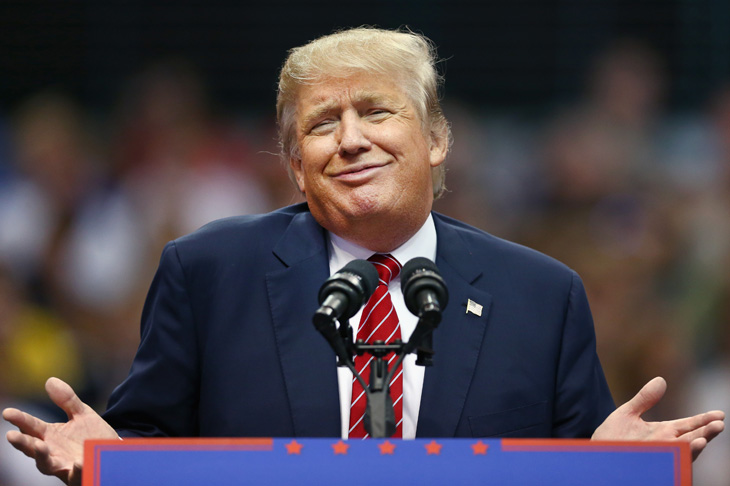
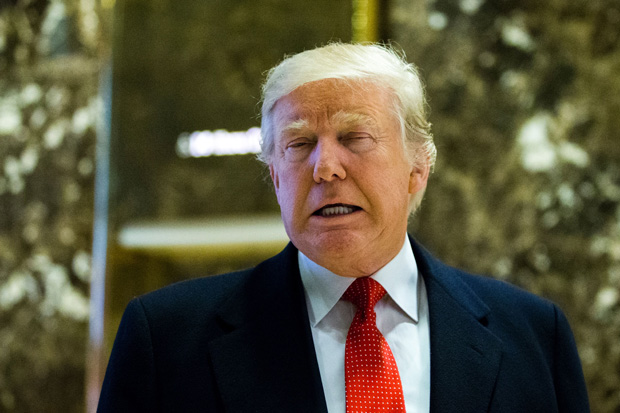

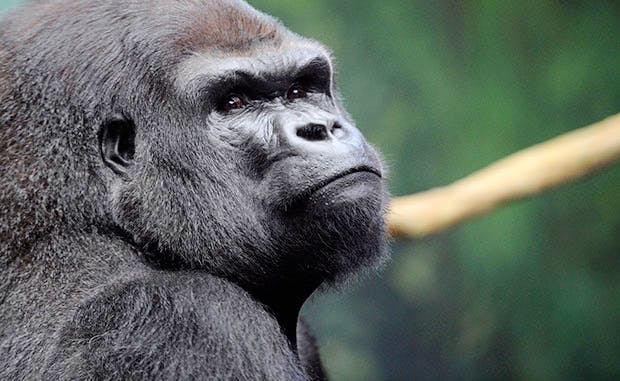
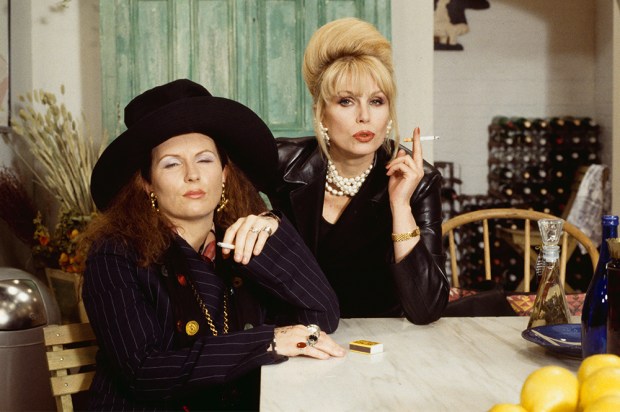

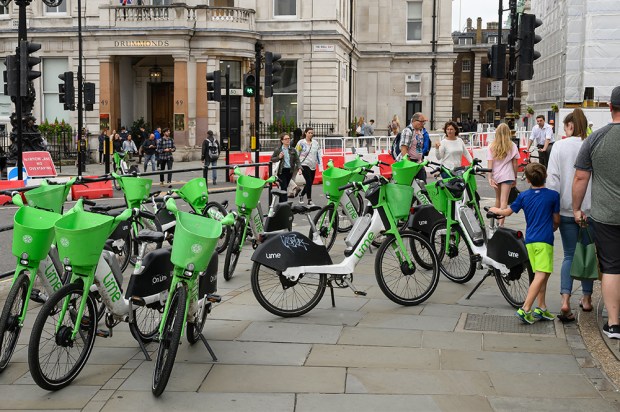






Comments
Don't miss out
Join the conversation with other Spectator Australia readers. Subscribe to leave a comment.
SUBSCRIBEAlready a subscriber? Log in